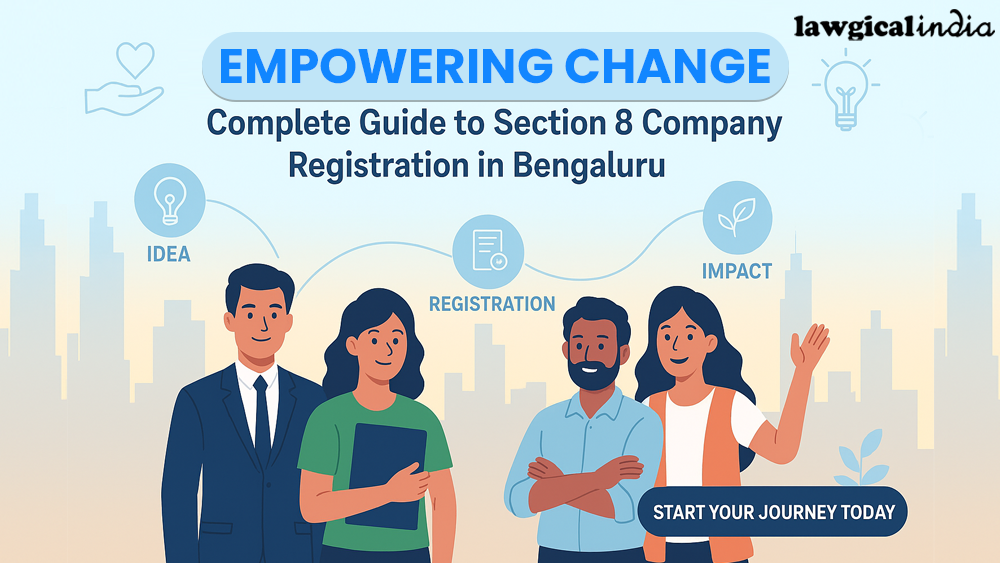In India, the finance minister announces Income Tax Slabs every year, and currently, there are two income tax slabs in India or regimes, i.e., the new and the old tax regime.
But many people are confused between these two slabs and don't know exactly which one is best for them.
If you're also struggling with the confusion, keep reading this article.
In this article, we've covered everything about both income tax slabs in India and which one is the best fit for you.
Without any further delay, Let's begin!
What is an Income Tax Slab?
Income Tax Slab is like a slab system used for different tax rates based on individuals earning ranges of income. Also, the income tax goes up as annual income increases.
There are different tax rates for different age groups:
- Individuals below 60 years
- Individuals below 60-80 years
- Senior residents above 80 years
Any individual needs to pay taxes based on the slab system category because of different income tax slabs in India for other individuals' earnings.
Income Tax Slabs FY 2022-2023
Here is the updated Income Tax Slab for all categories, such as HUF, individuals below 60, senior citizens, and others. But the best part is, the new income tax slab is optional, and if it's not suitable, you can choose the old regime.
Let's see the new Income Tax Slab for New Regime:
Also, there's an additional 4% cess levied on the income tax amount for all individuals.
This New Regime comes with an option for taxpayers, i.e.,
As per the new income tax slab, income tax can be paid at low rates but with certain permissible exemptions and deductions.
Taxpayers can also pay the income tax slabs in India according to the old regime, but old regimes have higher rates.
In New Tax Regime, there are some exemptions and deductions that are not allowed, such as:
- Leave Travel Allowance/ LTA
- House Rent Allowance/ HRA
- Conveyance allowance
- Daily expenses while employed
- Relocation allowance
- Child education allowance
- Special allowances as listed under section 10(14)
- Professional Tax
- Deduction under chapter VI-A education (80C, 80D, 80E, etc.)
But some deductions are allowed in new income tax slab:
Specially-abled payers, transport allowance
Investment in NPS (National Pension Scheme) under 80CCD(2)
Deduction for employment under section 80JJAA
Allowance for traveling for employment or transfer
This is an updated New Regime of Income Tax Slab.
But many people still prefer the Old Regime, which is based on age group. Let's see their rates for each age group.
Individuals below the age of 60 years
Individuals between 60-80 years
Individuals above 80 years
Similarly, there's also a 4% cess on the taxable amount of all age groups.
Surcharge rates Applicable to Income Tax
Income Tax Surcharge comes with an additional tax liability that taxpayers paid based on their income above the limit. Different rates for different taxpayers are based on their income. Let's see income tax slabs in India!
Income Tax for Women
Previously, women had to pay less income tax than men. But since FY 2012-13.
Which Income Tax Regime is better: Old or New Tax Regime?
If you're an eligible taxpayer and know recently about the new tax regime, you are now confused about which tax regime is the best fit for you. We've evaluated and compared both the old & new income tax slab to decide which tax regime is the best fit for you.
If you're a taxpayer with an income of INR 15 lakh, you can take the benefits of opting for a new tax regime. Also, if a taxpayer makes a low investment and can benefit from the new tax regime, it's hard to choose for those taxpayers who opt for a concessional tax rate. They need to evaluate and compare both tax regimes and see which one best fits them.
Let's compare both Tax Regime together and see which one is more beneficial by considering two taxpayers A and B:
As you can see, in this case, the old regime is more beneficial for Tax Payer A.
In this case, Tax Payer B gets more benefits by opting New Tax Regime.
Final Verdict
There are currently two tax slabs in India. As a responsible taxpayer, you need to know everything about the old & new tax regimes and decide which one you need to choose based on evaluation and calculation. But if you haven’t paid taxes on your business then immediately ITR File. We hope this article helps you know everything about the new & old tax regimes and provides enough detail that helps you make decisions about which tax regime is suitable for you. Drop your comment and let me know which tax regime is beneficial for you.











